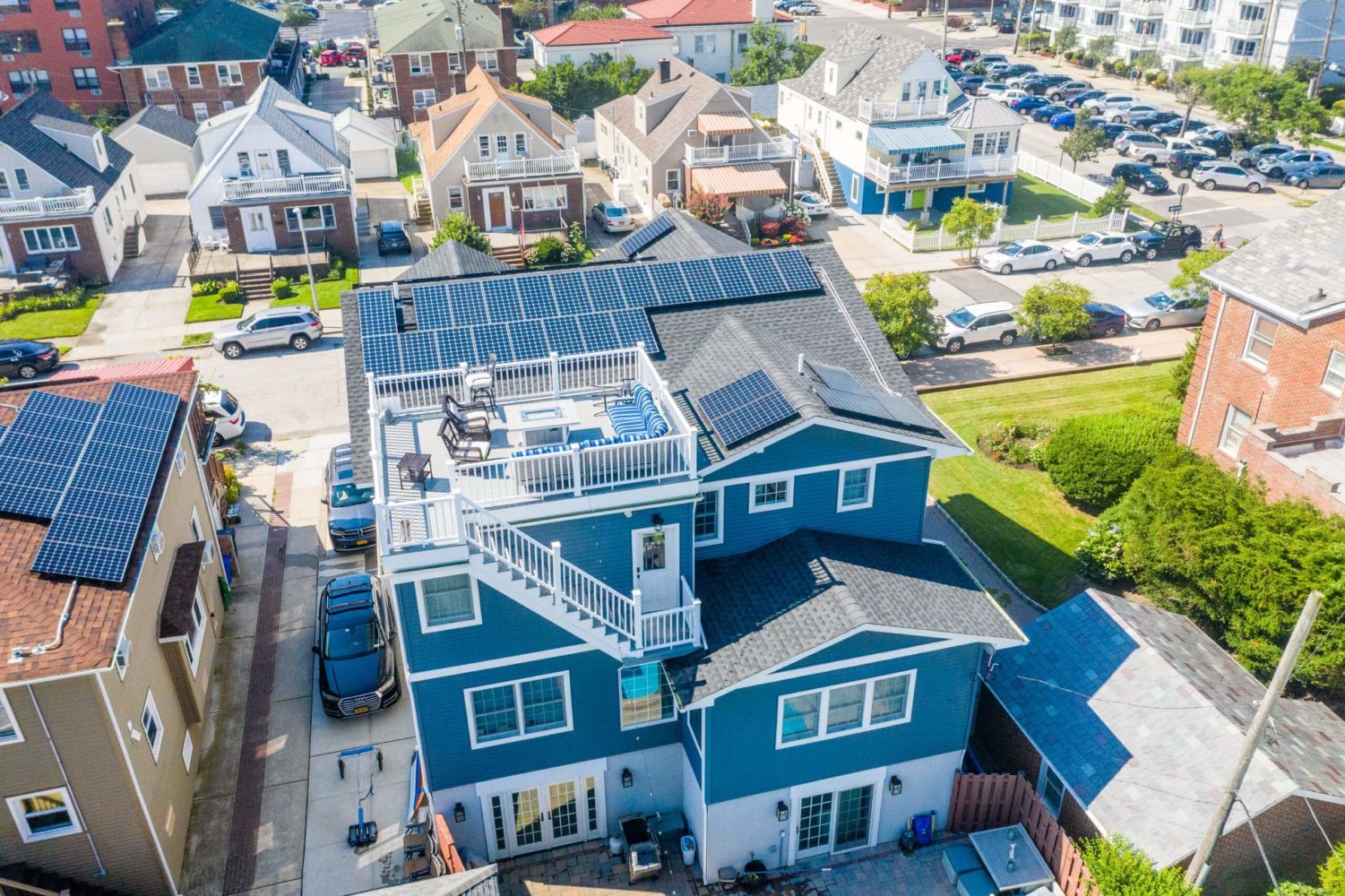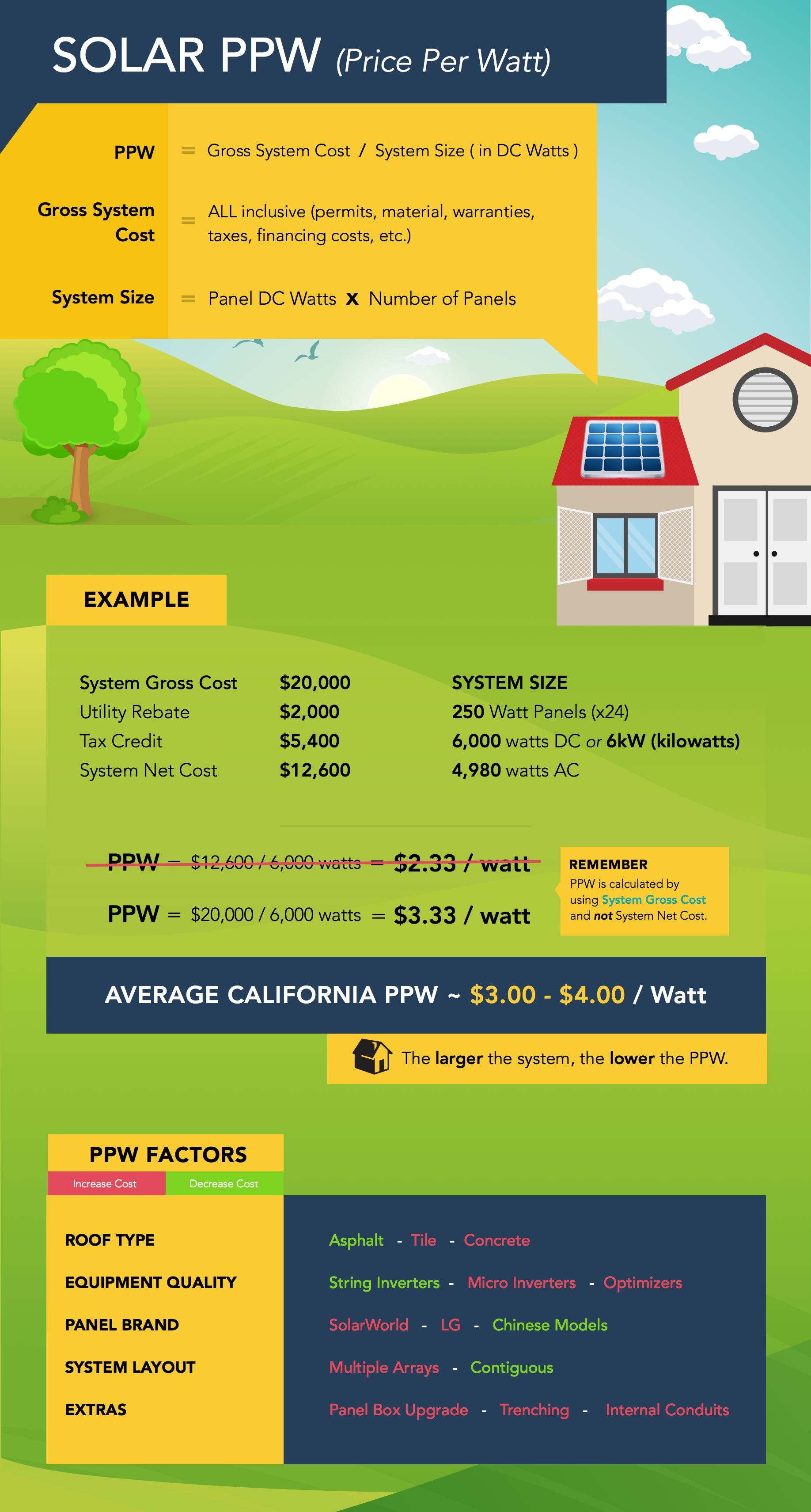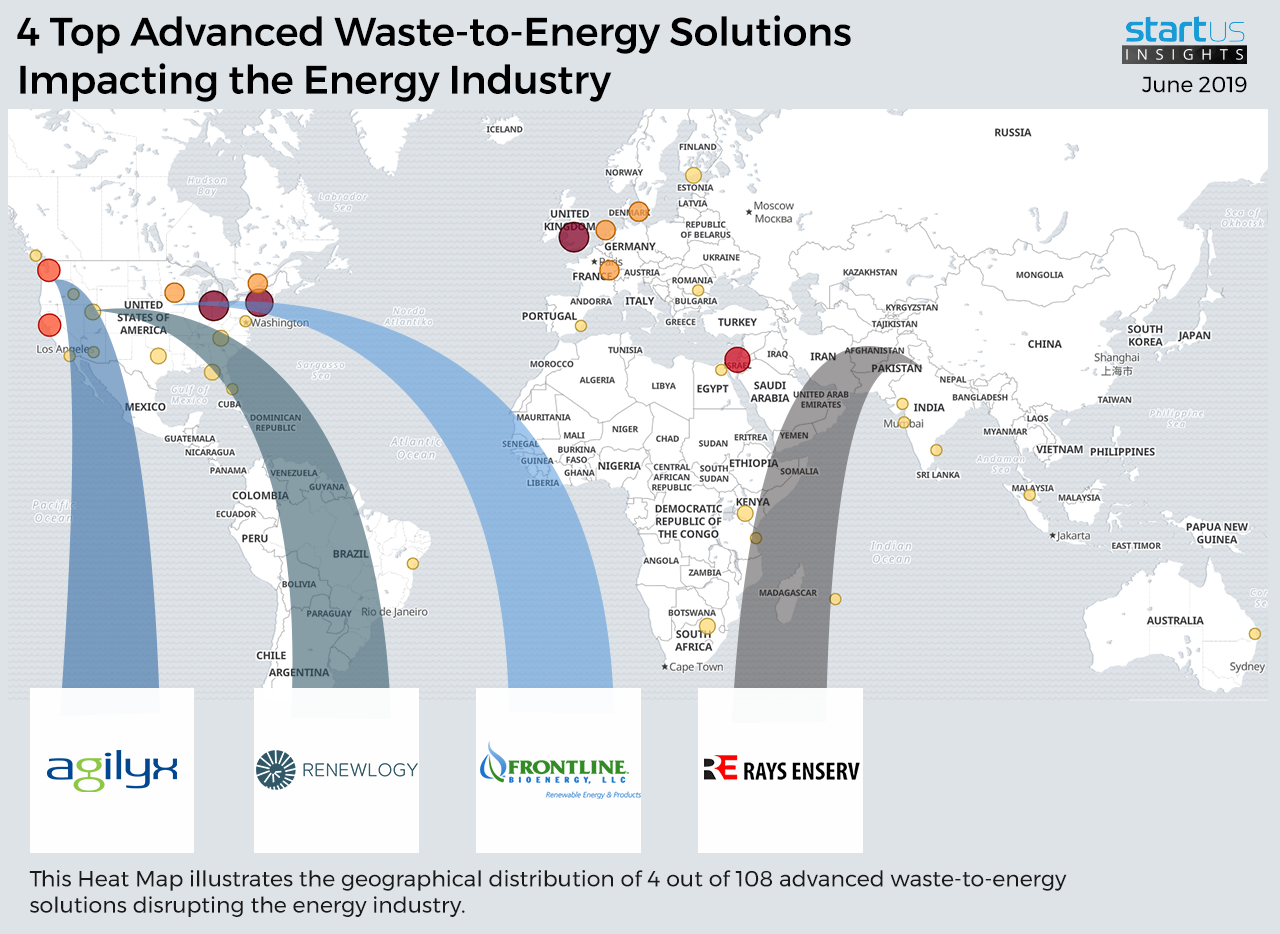
How do you define geothermal energy? This article will provide information on the pros, cons, and pitfalls of geothermal energy. Geothermal energy is a fascinating topic that you should not miss. It is the heat from the earth that creates electricity and heat. You may have heard of geothermal hot springs. These hot springs and volcanoes are examples of how geothermal energy is collected.
Geothermal energy: Applications
The source of the geothermal energy comes from a huge volcano such as Yellowstone National Park in Hawaii. Water pumped from this source can heat buildings, lay water pipes and prevent frost formation. It can also used for aquaculture. Another type of geothermal heat is aerial pipe heating. These systems are easy to set up and maintain. They are made from steel pipes. Ground source heat pumps are one of the fastest-growing types of geothermal power in the world.

Flash steam and dry steam are the two main types for geothermal power generation. Flash steam uses a heat transferr to heat the fluid. Dry steam is more common. Binary cycle plants employ a heat transferr to exchange energy between a hot liquid in a geothermal field and a fluid having a lower boiling point. This steam is used to spin a turbine that creates electricity.
Advantages of geothermal energie
Geothermal energy is renewable and clean, but it also has its drawbacks. It can be expensive to install and keep it running. Geothermal electricity is not available to the general population. Therefore, it will require a complex distribution system. Geothermal energy is a risky investment. It is therefore important to do thorough research. There are also many risks associated with using this form of energy.
Geothermal energy, although it is extremely renewable, isn't readily available in all places. Because of its drilling and exploration costs, it is not as economically viable as fossil fuels. Geothermal energy is also more affordable than coal and does not produce emissions. Additionally, it is not a reliable source of power and is subject to power shortages and weather conditions. However, geothermal is still the best option.
Geothermal energy costs
The main factors that contribute to the cost of geothermal energy are geographical exploration, the development of the site, and the construction of the power plant. Geothermal energy also has a cost due to environmental impact and labor costs. Geothermal energy can still be a great investment, provided that the cost is recouped over the long-term. This cooling and heating method is both environmentally friendly and less dependent on fossil fuels.

Geothermal energy generally costs between $10.500 and $80,000 per gigawatt-hour. This depends on the size of your property. The cost of geothermal energy depends on the size of the property, as a larger property would require a bigger unit and a larger loop system. There are two types of home geothermal systems: an open-loop system uses water from surface water or a well, while a closed-loop system utilizes the heat and cool of the ground as a source of energy. Depending on the type of system used, operating and maintenance costs can add up to about $0.03 per kWh.